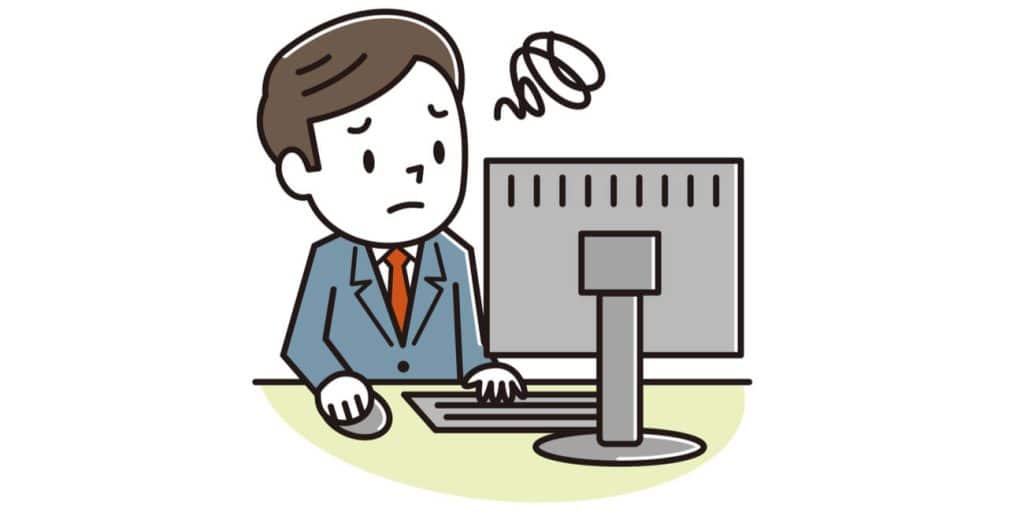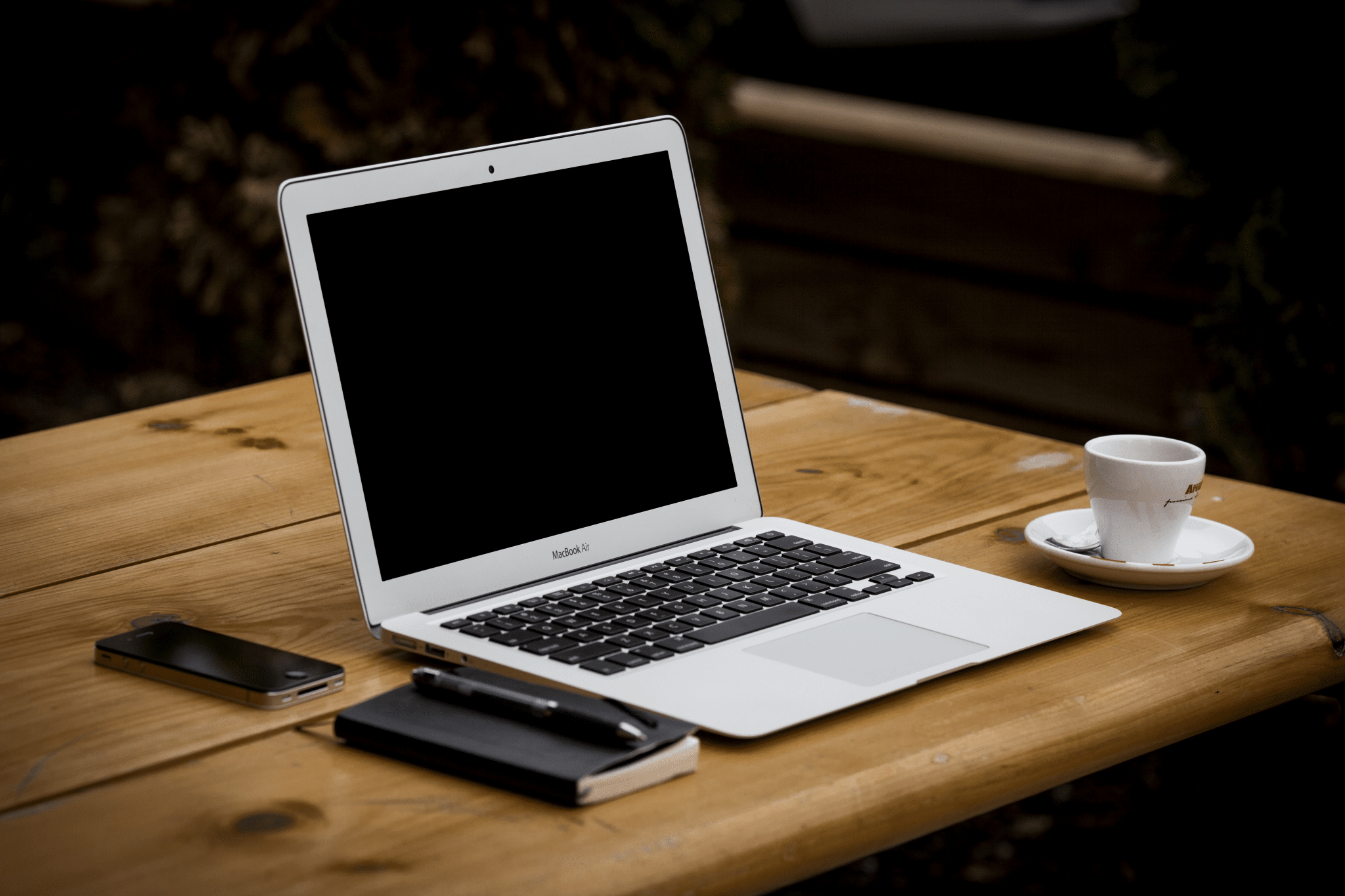Optimizing your computer’s performance is essential to ensure a smooth and responsive experience.. As time goes by, the computers tend to slow down due to unnecessary files, running programs, and incorrect configurations. Optimization not only speeds up your system, it can also prolong its lifespan. This guide offers actionable tips to help you get the most out of your device.
Hard Drive Cleanup
The first step to improving performance is to hard drive cleanup. It is good practice to regularly remove temporary files, unnecessary downloads and other junk data. Using tools like “Disk Cleanup” on Windows or “Disk Utility” on macOS can help free up space. Also, consider moving large files to an external drive or the cloud to further optimize your space. A crowded hard drive slows down data access and negatively impacts overall performance.

Startup Program Management of the PC
Another important aspect is the management of programs that start automatically when the computer is turned on. Many software programs are configured to start together with the operating system, consuming precious resources. On Windows, you can manage these programs via “Task Manager”, while on macOS you can do so via “System Preferences”. Disabling non-essential programs will help reduce boot time and free up memory and processing power, thus improving overall system responsiveness.

Updates and Maintenance
Finally, keeping your operating system and programs up to date is crucial to achieving optimal performance. Updates not only introduce new features, but often fix bugs and security issues that could compromise the efficiency of the system. Also, perform regular computer maintenance, such as disk defragmentation (for traditional hard drives) and malware checks will help keep your system healthy. Using reliable antivirus software and scheduling regular scans can prevent slowdowns due to malicious infections.
#Computer #optimize #performance
